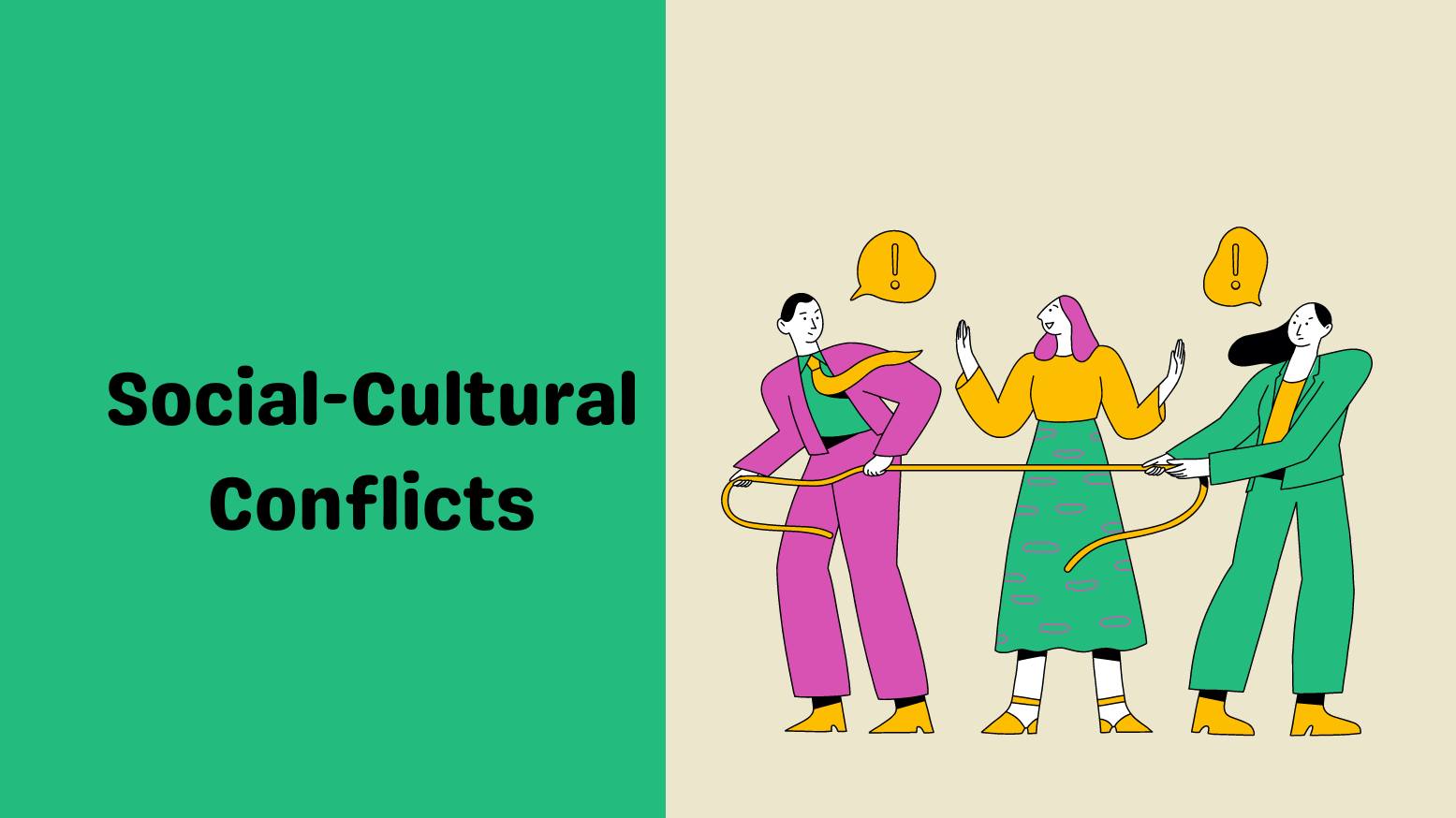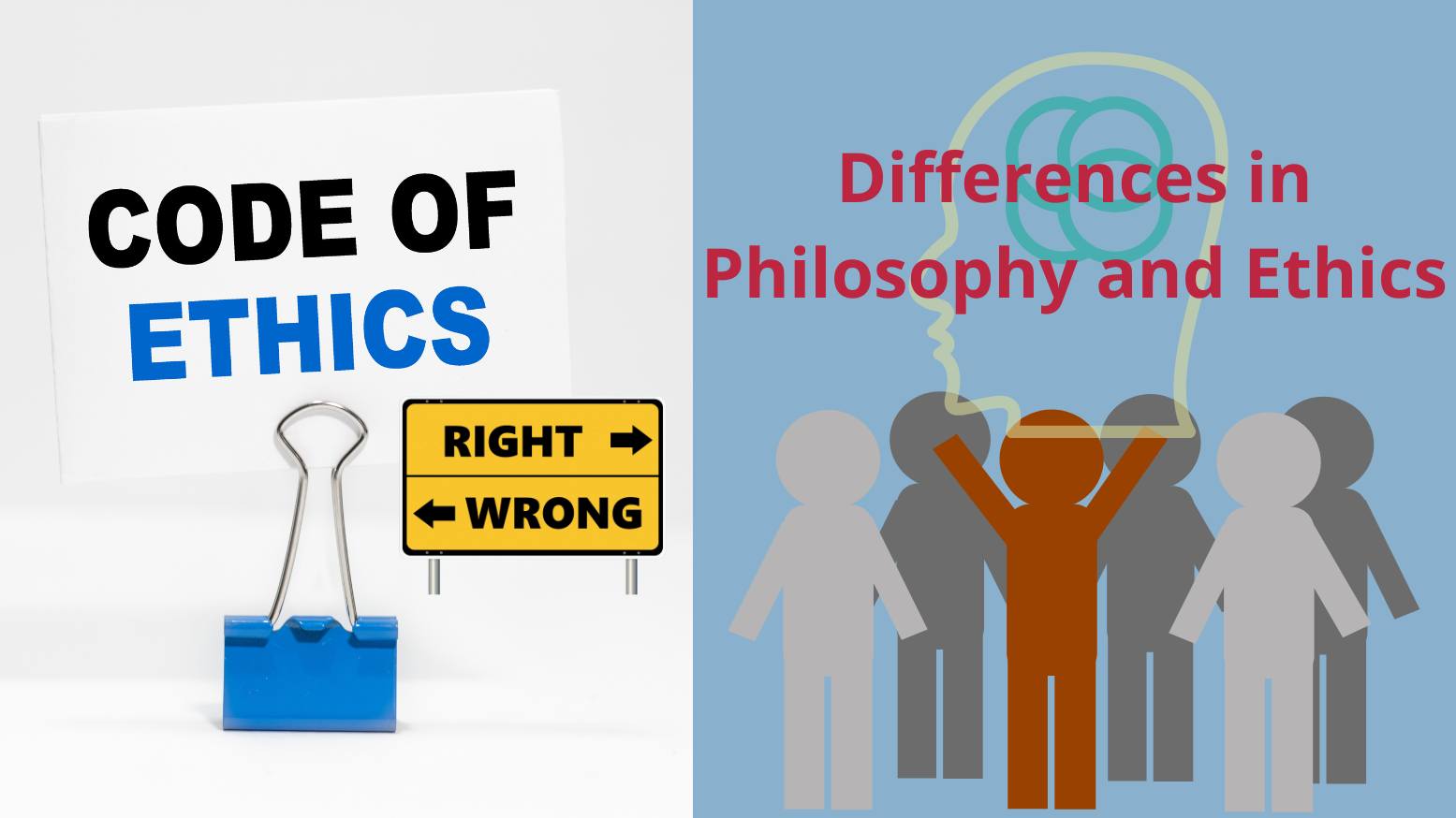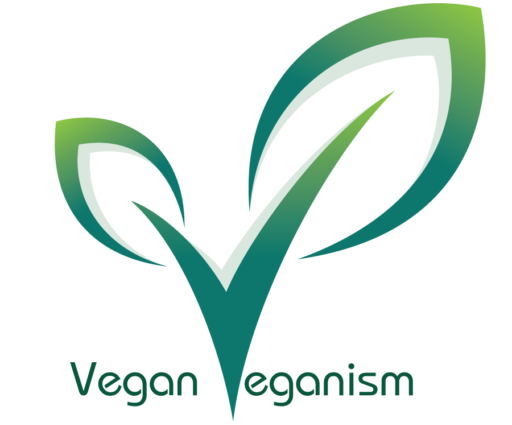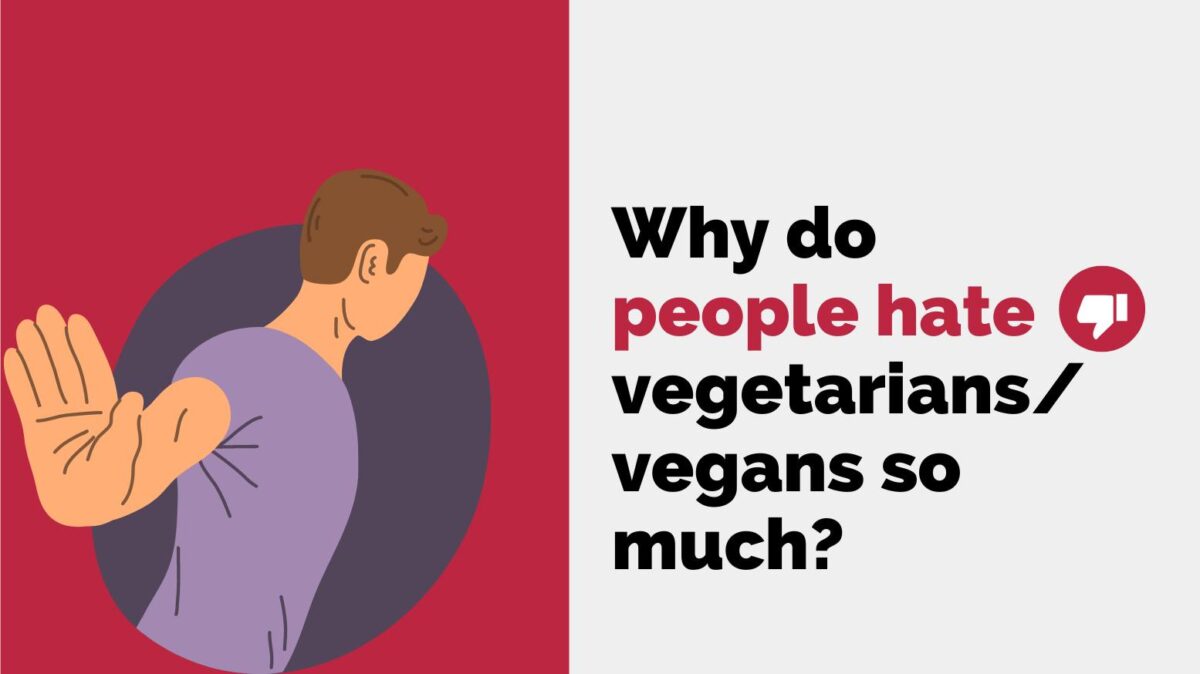In a society where dietary preferences are closely linked to one’s identity and moral principles, vegans and vegetarians can encounter unwarranted animosity. Although many people adopt plant-based diets for moral, health, or environmental reasons, there can be a complicated web of misunderstandings, cultural conflicts, and personal prejudices at the core of the hostility towards them.
Let’s examine the many causes of the intense feelings and objections that vegans and vegetarians encounter.
Misunderstandings Lack of comprehension
The predominance of misinformation and ignorance is a major component of the contempt that people have for vegetarians and vegans. Unfounded worries about the health of people who select plant-based diets might arise from false information regarding possible nutritional inadequacies in these diets.
Being unfamiliar with the nutritional options might make people feel uneasy, which can lead to doubt and unfavorable opinions.
Social-Cultural Conflicts

Veganism and vegetarianism frequently go against long-standing dietary traditions and cultures that are ingrained in society’s standards. Just by choosing not to consume animal products as the majority does, one may encounter opposition or conflict because such dietary decisions go against the accepted conventions surrounding food intake. Tension and criticism can arise from the collision of the familiar and the unusual.
Unease with Change
Humans tend to be resistant to change, and vegetarians and vegans sometimes find themselves questioning accepted social standards about food intake. People who oppose modifications to customary customs may feel uneasy or confused as a result of this change in conduct. One factor that can lead to a significant negative reaction is fear of the unfamiliar and the unknown.
Differences in Philosophy and Ethics

Dietary decisions are frequently influenced by ingrained philosophical and ethical convictions. Vegetarians vegans and people who consume animal products conflict mostly over issues of animal rights and welfare. Diverse ethical perspectives on these issues might give rise to fundamental disputes that can provoke animosity and condemnation.
Judgment as Perceived
Vegetarians and vegans are frequently stereotyped as being preachy or self-righteous. Even when vegetarians and vegans have no intention of criticizing others, this view might give rise to feelings of guilt among meat eaters. Perceived moral superiority can breed animosity and contribute to unfavorable views.
Personal Experiences and Prejudices
Unfavorable interpersonal encounters with people who eat a plant-based diet can have a big influence on general opinions. Negative experiences with vegetarians or vegans might lead to unfavorable perceptions of the entire group.
Furthermore, people who engage in confirmation bias, focusing only on data that supports their preexisting opinions, can skew perceptions and exacerbate negative.
A complex mix of misunderstandings, cultural conflicts, anxiety with change, ethical disagreements, and personal prejudices contribute to the hostility directed towards vegetarians and vegans. To close the divide between dietary choices, it is imperative to promote understanding and candid communication.
By acknowledging the various reasons for adopting plant-based diets and encouraging civil discourse, we may work toward a society that is more accepting and tolerant of dietary differences and free from needless conflict.
You may also like:
- Why did you go vegan
- What are the most common excuses non-vegans make for not being vegan
- Why do so many vegans quit being vegans
FAQs
1. Are most people genuinely hateful towards vegetarians and vegans?
Most people don’t harbor negative feelings towards vegetarians or vegans. However, misunderstandings, cultural clashes, personal biases, and ethical differences can sometimes lead to hostility or negativity towards these dietary choices.
2. What are some common misconceptions about vegetarian and vegan diets?
Many people believe vegetarians and vegans lack necessary nutrients, or that plant-based diets are restrictive and unappetizing. These misconceptions can fuel anxieties and negative perceptions.
3. How can cultural traditions and social norms clash with veganism and vegetarianism?
Traditional diets and food customs are deeply ingrained in many cultures. Choosing a different path can spark discomfort or disapproval from those accustomed to traditional ways of eating.
4. Do ethical stances on animal welfare play a role in the negativity some face?
Absolutely. Differing philosophies about animal rights and welfare can lead to disagreements and tensions, especially if some perceive ethical judgments coming from the other side.
5. Can personal experiences with individuals impact how someone views an entire group?
Unfortunately, yes. Negative encounters with certain vegetarians or vegans can create unfounded biases and negativity towards the entire group.
6. How can we overcome the negativity and promote understanding?
Open communication, dispelling myths, and focusing on respectful dialogue can help create a more accepting and tolerant environment for diverse dietary choices. Remember, individuals deserve respect regardless of their dietary preferences.

